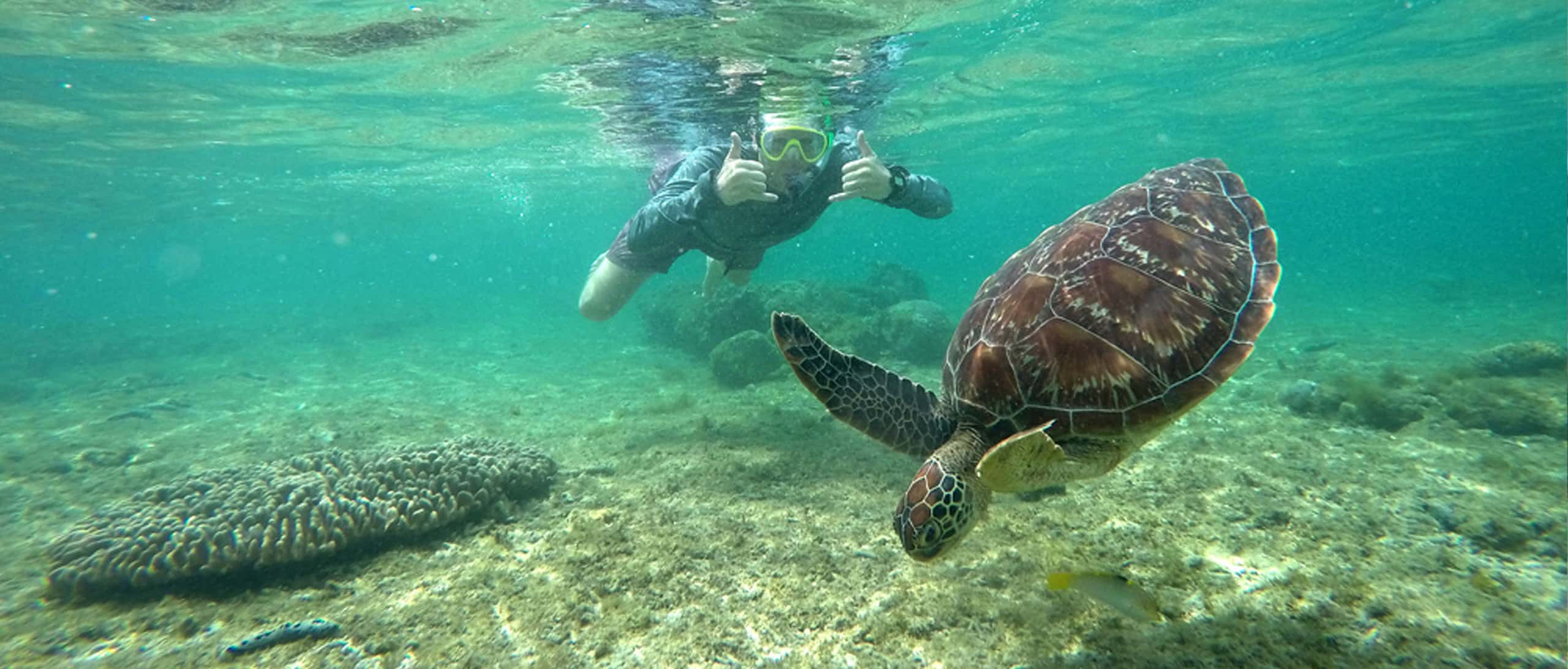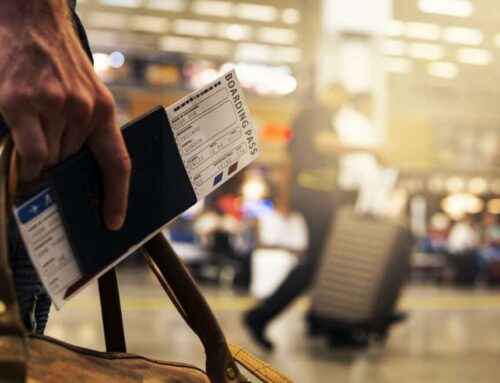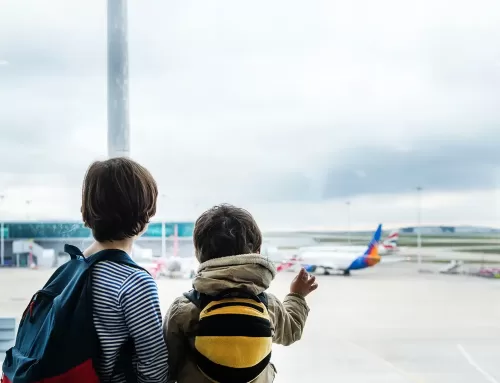November 21, 2018
5 Tips to Be a Responsible Traveler
By Annie Chambers

Tips for Being A Responsible Traveler
We are dedicated to responsible travel and love aligning our clients with tour operators and hotels worldwide that give back, protect wildlife and value the local community. Below we have tips and solutions to becoming a better sustainable and responsible traveler from Tourism Cares, one of our partners.

Tip #1: Be sensitive to local children, especially street children.
Children frequent tourist sites and sell trinkets, offer their service as guides or to carry traveler’s belongings. Your initial reaction may be to support them but as a general rule, it is best not to buy goods or services from children.
Giving money or small gifts to children encourages them to continue begging and perpetuates a cycle of poverty. It can also prevent them from going to school. In some countries, organized begging, the most visible form of human trafficking, is an issue. And while it may be difficult to not give them sweets and candy to enjoy, you may inadvertently be creating dental problems and unfortunately, not all communities have access to proper dental care.

Tip #2: Be sensitive when taking pictures of people and situations
Interact and ask before taking pictures of individuals or identifiable groups. When taking pictures of children, ask the adult with them for permission first. Be sensitive to your surrounding and context. If a person asks for money and you really want the picture, consider the fair price you are willing to pay.

Tip #3: Be responsible when interacting with local wildlife
Adventurous tourists and animal lovers may want to get close to exotic animals such as riding an elephant or visiting and taking photos of tigers in captivity. But by doing so, you can inadvertently encourage practices that cause abuse and suffering to the animals. Choose an operator or experience that has a protective animal tourism policy and carefully evaluate the options they offer. In addition, many destinations have responsible animal sanctuaries that can be a better option than a wildlife tour.
Souvenirs made from animals, such as fur, ivory, rhino horn and turtle shell products may be exotic and unique but many countries prohibit the purchase and transfer of animal products. To avoid confiscation, fines and possibly imprisonment by government authorities, it is best to avoid purchasing animal souvenirs when traveling.

Tip #4: Be conscious how you spend when you travel
Choosing well when making purchases in a destination can have a big impact on a community, as well as create a more authentic experience for you. Travelers can shop at local markets, choose a hotel owned by a local group and use local tour guides. This lets you interact with locals as well as infuse money into the local economy. Make sure to spread your shopping out and buy from several vendors instead of one.

Tip #5: Reduce your footprint
At home, many of us have a routine for reducing our environmental impact; we use energy saving bulbs and water efficient faucets, compost, buy local organic foods and walk or bike instead of driving when we can. But traveling disrupts your routine and it may be difficult to figure out how to reduce your impact.
When you are at your destination, consider taking public transportation. Renting a bike or walking is also a great way to enjoy the sites.
There are many other simple ways to reduce your impact, including: packing light and using baggies that you can reuse again; bring your own water treatment instead of buying bottle water; support local organic restaurants and shops.
Source: Tourism Cares





